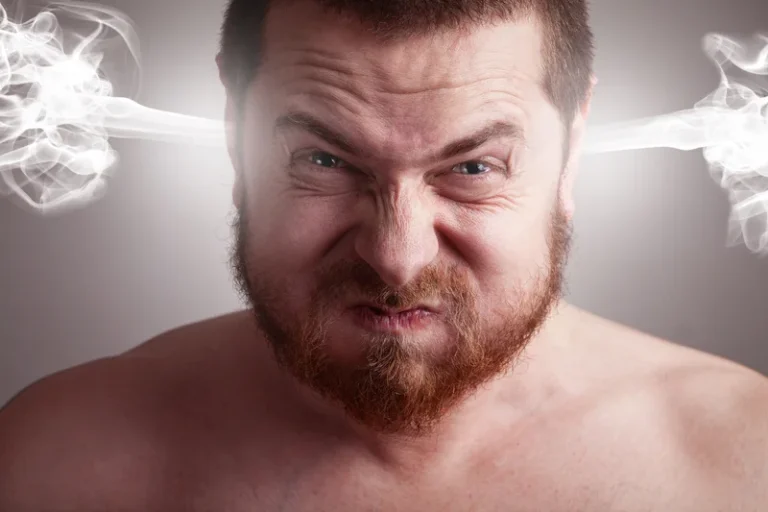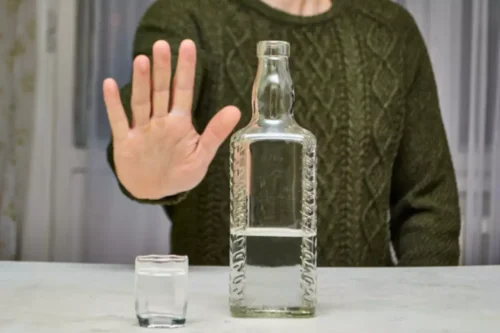
Research suggests that the more alcohol a person consumes, or the more frequently it is consumed, raises their likelihood of developing cancers such as breast, head and neck, oesophageal and more. If you drink a beverage that causes a mild reaction, over-the-counter antihistamines might help relieve symptoms. However, for a severe skin reaction, weak pulse, vomiting or trouble breathing, seek emergency help right away, as you could be having an anaphylactic reaction. The best way to live with this condition is to avoid alcohol as much as possible. Avoiding alcohol will allow you to live an active, enjoyable life without unpleasant symptoms.
Why Some People Develop Alcohol Intolerance
- The difference between the two has to do with how the body reacts to alcohol.
- If a person is allergic to a particular ingredient found in some drinks, they could switch to drinks that do not contain it.
- Unfortunately, nothing can prevent reactions to alcohol or ingredients in alcoholic beverages.
- If you’re allergic to a specific ingredient in certain alcoholic drinks, switching to a different alcoholic drink may be an option.
- In some cases, managing the underlying condition may help alleviate symptoms of alcohol intolerance.
- Do you have a sneaking suspicion that meals containing aubergines, peppers, or potatoes don’t quite agree with you?
- A skin prick test should take place in a medical setting in case of a severe allergic reaction.
Even if you know alcohol makes you feel poorly, it can sometimes be hard to figure out the root cause of the problem. The main cause of alcohol intolerance is a problem with how the body breaks down alcohol. Other theories about why young adults are drinking less include an awareness of mental health and its connection with alcohol use and abuse. If a person is allergic to a particular ingredient found in some drinks, they could switch to drinks that do not contain it. Depending on whether a person has an alcohol allergy or intolerance, they may need to avoid alcohol entirely. There are several ways for a doctor to diagnose an alcohol allergy or intolerance, including the approaches below.
Alcohol And Muscle Relaxers: 4 Things To Know About This Risky Combination
The symptoms of histamine intolerance are similar to an allergic reaction. For example, potential symptoms include red and itchy skin, nasal congestion, shortness of breath, abdominal pain, and diarrhea. A true allergic reaction happens when your immune system goes into overdrive to attack something it sees as a threat. Allergic reactions can cause hives, facial swelling, nausea, and vomiting. Individuals may also explore alternative alcoholic beverages or nonalcoholic options that they can tolerate.
Changes to body mass with age

While there is no cure for this condition, avoiding alcohol helps you stay symptom-free. Alcohol intolerance can be caused by a variety of factors, including genetics, lack of specific enzymes necessary to break down alcohol, medications, and underlying health conditions. It’s important to note that alcohol intolerance symptoms even if you don’t have a true allergy to alcohol, it’s still possible for it to trigger other allergies such as hay fever. If you experience unusual symptoms after drinking alcohol, seek medical attention right away. An allergy to alcohol has a very different cause from alcohol intolerance.

If you have a non-allergic intolerance to alcohol, histamine, sulfites, or other components of alcoholic beverages, your doctor might encourage you to limit or avoid certain types of alcohol. In some cases, over-the-counter or prescribed medications might help alleviate symptoms. If you experience a mild allergic reaction, over-the-counter oral antihistamines may be enough to treat it. If you develop any signs of a severe reaction, you should receive one or more doses of epinephrine.

- Certain medical and health conditions (like those mentioned in the above section) can also make alcohol more difficult to tolerate.
- Very rarely, a person may have a “true” alcohol allergy, meaning they are allergic to the ethanol in alcohol.
- No drug will help you avoid the symptoms of alcohol intolerance or lessen your cancer risk.
- Alcohol intolerance may cause a person to experience immediate reactions after they drink alcohol, or they may develop it hours after, the day after, or even later in life.
And the condition does not increase your blood alcohol level, either. Often, people with alcohol intolerance drink less, because the symptoms they experience are so unpleasant. Sudden onset alcohol intolerance is when an alcohol intolerance that was not present from birth occurs abruptly later on in life. Most people with ALDH2 deficiency will notice some effects from the first time they take a drink, but there’s often no known reason as to why an alcohol intolerance develops.
Medical Management of Severe Alcohol Intolerance
Can you suddenly develop alcohol intolerance?
- Consulting a healthcare provider is recommended if one experiences unpleasant symptoms after drinking alcohol.
- Aldehyde is toxic, and buildup is one of the key reasons people develop symptoms of a hangover.
- Having a mild intolerance to alcohol or something else in alcoholic beverages might not require a trip to a doctor.
- It is important to note that while genetics play a significant role, environmental factors and individual health conditions can also contribute to alcohol intolerance.
- We will also look at what causes alcohol allergies and review the differences between alcohol allergy and intolerance.
- Research suggests this is one of the most common hereditary disorders in the world, affecting 560 million people, or eight percent of the global population.